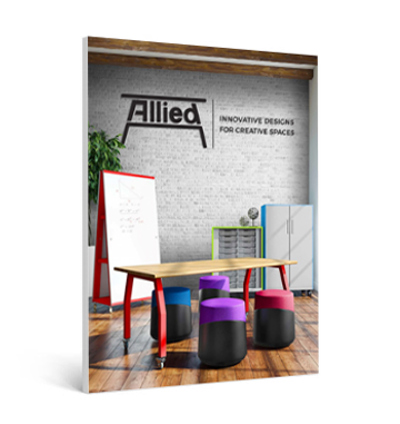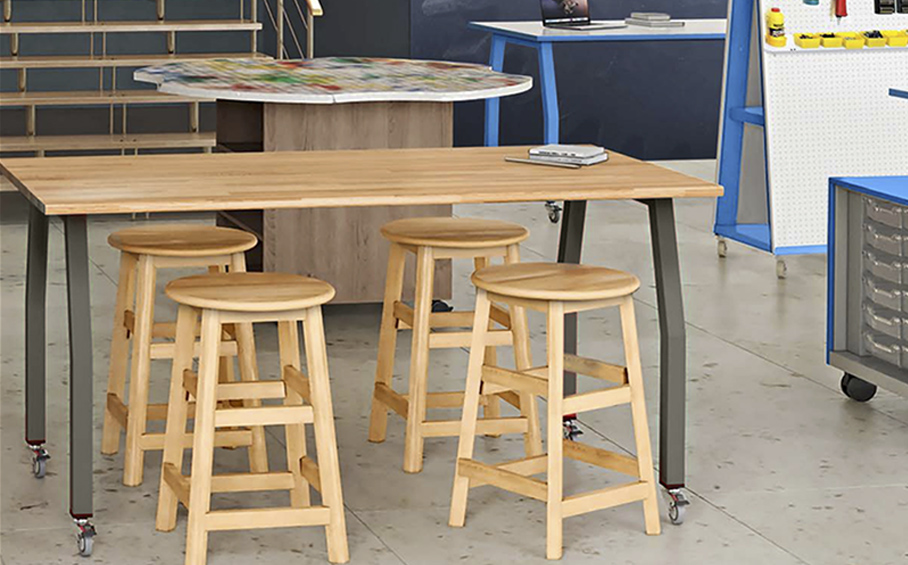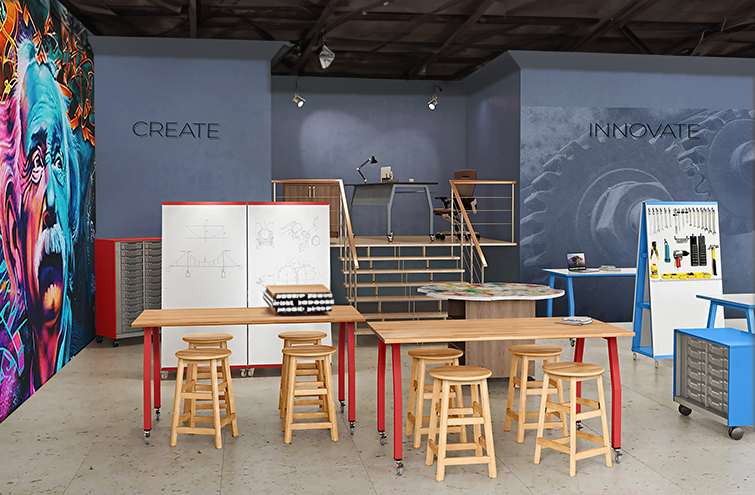When it comes to science education, durability and sustainability are two of the most important factors to consider. After all, you want furniture that will last for years and that is made from environmentally friendly materials. That’s where Allied’s wooden stools come in.
Allied’s wooden stools are made from eco-friendly Para-wood, which is a responsibly grown, harvested, and renewed resource. The stools are also incredibly strong and highly durable, thanks to their full under-seat support apron. The hard smooth finish is similar in color and durability to maple.
In addition to being durable and sustainable, Allied’s wooden stools are also versatile and comfortable. They can be used in a variety of settings, including schools, labs, and other commercial spaces. The stools are also specifiable in different heights, so they can be customized to fit the needs of different users.
Trends in Science Labs
There are a number of trends in science lab education that are shaping the way that students learn science today. These trends include:
- The use of technology: Technology is increasingly being used in science labs to help students learn. For example, students can use tablets and computers to access virtual labs, simulations, and other interactive resources.
- The focus on inquiry-based learning: Inquiry-based learning is a teaching methodology that encourages students to ask questions, explore, and investigate. This type of learning is often more engaging for students and can help them develop their critical thinking skills.
- The emphasis on collaboration: Collaboration is another important trend in science lab education. Students are increasingly being encouraged to work together in groups to solve problems and complete projects. This type of learning can help students develop their teamwork skills and learn from each other.
Wooden Stools Can Support Learning
A wooden stool can support learning in a number of ways. First, it can provide a comfortable and stable place for students to sit while they are working in the lab. Second, it can be specified in different heights, which can be helpful for students of different sizes. Third, a wooden stool is durable and can withstand the wear and tear of everyday use.
In addition to these practical benefits, a wooden stool can also help to create a more inviting and comfortable learning environment. This can be important for students who may not be interested in science or who may be intimidated by the lab setting.
In conclusion, a wooden stool is a versatile and supportive piece of furniture that can be a valuable asset in any science classroom or makerspace. It is durable, comfortable, adjustable, and can help to create a more inviting and comfortable learning environment.








